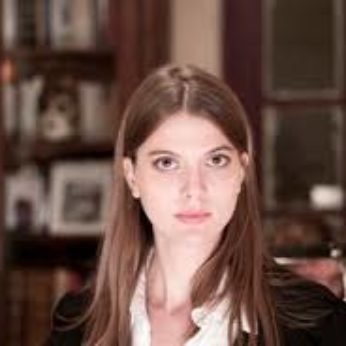Composer: Barbara Strozzi (b. 1619 - d. 1677)
Performance date: 04/07/2016
Venue: St. Brendan’s Church
Composition Year: 1659
Duration: 00:02:05
Recording Engineer: Richard McCullough, RTÉ lyric fm
Instrumentation Category:Duo
Instrumentation Other: mezzo, vc, lute
Artists:
Anna Reinhold -
[mezzo-soprano]
Judith-Maria Blomsterberg -
[cello]
Fredrik Bock -
[lute]

Copyright © 2025 West Cork Music. All rights reserved.
Designed and developed by Matrix Internet